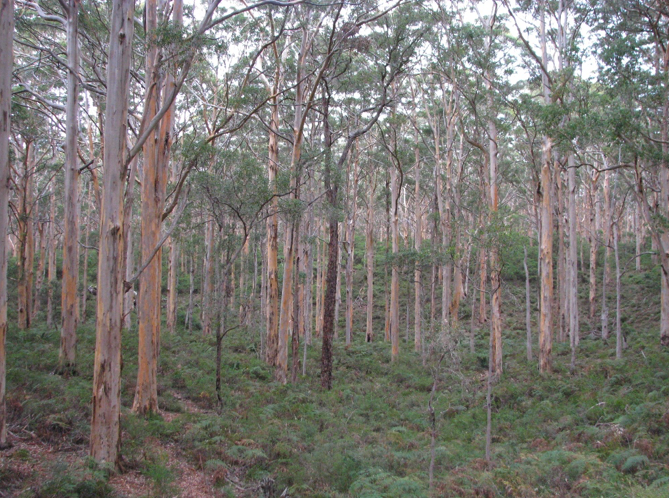You are here
Are you positive about climate change?
Adaptation not only reduces the costs of climate change, it can maximise any positives. For example, with appropriate risk management there could be benefits to the wine industry as temperatures increase in cool climates. Also, it is well known that the number of deaths increases in cold weather – under global warming the number of deaths associated with extreme cold weather conditions could decrease.
Professor Roger Jones, from Victoria University’s Institute of Strategic Economic Studies, says that while there may be some positive impacts, the important objective is good decisions in the face of climate change.
‘Looking for positive impacts is unbalanced cherry picking and not really productive,’ says Roger.
‘The task is to achieve positive outcomes given the externalities of climate change, no matter whether the change itself is deemed “good” or “bad”. And because all changes can be seen as having both “positive” and “negative” effects, it is the outcomes and how they are approached that are important.’
Focussing on outcomes encourages people to take a more systems-based approach to identifying and assessing risks. ‘This approach treats risk as more value-neutral than the common framing, which is overwhelmingly negative,’ says Roger. ‘A risk may have both positive or negative outcomes, but it is the possibility that it may be negative that classifies it as a risk.’
Roger says one set of actions might be specifically designed to manage a climate-related risk (with both upside and downside), but others will integrate what climate is doing with an individual, group or organisation’s core aspirations.
‘Some people or groups will gain net benefits from these – perhaps not in the same way that blowflies benefit from plagues, but you get the drift.’
Adaptation is not a substitute for mitigation, as the impacts of climate change collectively are overwhelmingly negative, and will become increasingly so over time. However, we need to adapt as positively as possible, and consider positive outcomes as part of successful risk management. Some adaptation will reduce negative impacts but creating positive returns will help to make adaptation actions more sustainable in the long-term.
Further information
How do you consider the impacts of climate change in your area?
What outcomes are there from a particular impact for you?7ulw7t9r2r4co9eb.png





